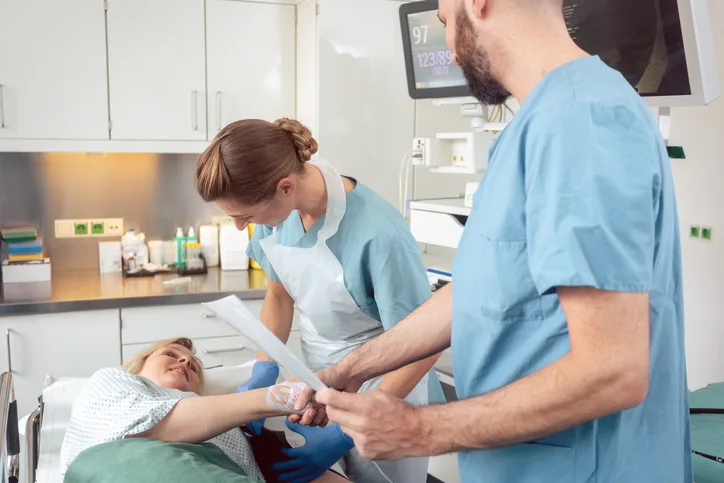
With Ulcerative Colitis, Honesty Is Everything
While it may be tempting to hide your symptoms, being open with your HCP and others can help you live your best life with ulcerative colitis
A cancer that affects the large intestine or the rectum, and is also called colon cancer

While it may be tempting to hide your symptoms, being open with your HCP and others can help you live your best life with ulcerative colitis

After losing my close friend to cancer that was diagnosed too late, I knew I had to advocate for myself

Colorectal cancer is increasing in people under age 50, so it’s important to know the risks and symptoms for colorectal cancer and see your health care professional if you have concerns.

There’s a big connection between your emotions and your gut. So, stress and anxiety can lead to diarrhea, nausea, indigestion, constipation or appetite changes.

To detect colon cancer earlier, it’s critical to know your options and understand that colonoscopies aren’t the only colon cancer screening option available.

Colonoscopies are essential to preventing colon cancer, but the prep is never fun. Here are some tips for making sure the preparation goes well—and you don’t have to repeat it.

Without screening, colon cancer can be in an advanced stage before it is discovered. Generally, the earlier colon cancer is found the easier it is to treat.